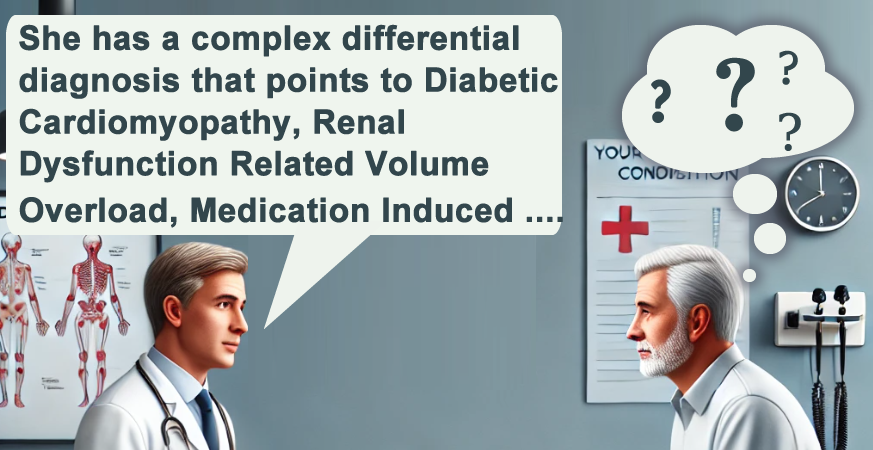Is Health Literacy a Risk Management Concern?

Health literacy is not a new topic in healthcare. But is it a common topic that is discussed and integrated into the actions of your local risk management team?
Despite being a central focus of the Healthy People 2030 Objectives, the CDC, AHRQ, and other leading health organizations, health literacy has not been a common focus found in many risk management plans. High-risk events that can lead to claims, such as informed consent issues, medication management events, management of chronic conditions, and discharge activities, all have health literacy implications. Identifying and implementing health literacy risk recommendations, such as implementing plain language for all patient-facing materials and conducting a risk analysis of your organization using AHRQ’s Ten Attributes of Health Literate Health Care Organizations as a framework for identifying opportunities for improvement could create a significant impact in mitigating your patient safety events.
Medical Mutual has a practice tip for Health Literacy: Delivering the Message Right Improves Patient Safety and Reduces Liability to help you. Please don’t hesitate to reach out to your assigned risk manager for further assistance or call the Medical Mutual Risk Management Department directly at 1-800-942-2791.
This article falls under Clinical/Patient Safety in the Enterprise Risk Management (ERM) risk domains.
Risks associated with the delivery of care to patients, residents and other health care customers. Clinical risks include: failure to follow evidence based practice, medication errors, hospital acquired conditions (HAC), serious safety events (SSE), health care equity, opportunities to improve safety within the care environments, and others.
